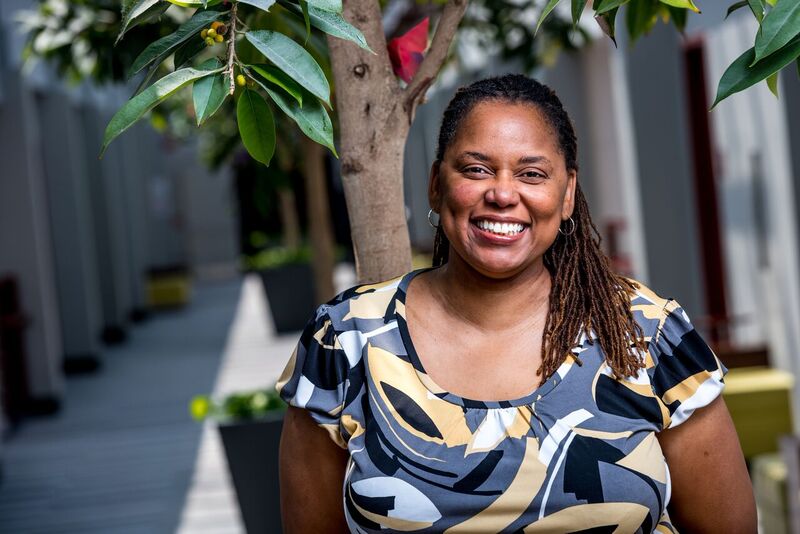
Robohub.org
Carlotta Berry’s talk – Robotics Education to Robotics Research (with video)

A few days ago, Robotics Today hosted an online seminar with Professor Carlotta Berry from the Rose-Hulman Institute of Technology. In her talk, Carlotta presented the multidisciplinary benefits of robotics in engineering education. In is worth highlighting that Carlotta Berry is one of the 30 women in robotics you need to know about in 2020.
Abstract
This presentation summarizes the multidisciplinary benefits of robotics in engineering education. I will describe how it is used at a primarily undergraduate institution to encourage robotics education and research. There will be a review of how robotics is used in several courses to illustrate engineering design concepts as well as controls, artificial intelligence, human-robot interaction, and software development. This will be a multimedia presentation of student projects in freshman design, mobile robotics, independent research and graduate theses.
Biography
Carlotta A. Berry is a Professor in the Department of Electrical and Computer Engineering at Rose-Hulman Institute of Technology. She has a bachelor’s degree in mathematics from Spelman College, bachelor’s degree in electrical engineering from Georgia Institute of Technology, master’s in electrical engineering from Wayne State University, and PhD from Vanderbilt University. She is one of a team of faculty in ECE, ME and CSSE at Rose-Hulman to create and direct the first multidisciplinary minor in robotics. She is the Co-Director of the NSF S-STEM Rose Building Undergraduate Diversity (ROSE-BUD) Program and advisor for the National Society of Black Engineers. She was previously the President of the Technical Editor Board for the ASEE Computers in Education Journal. Dr. Berry has been selected as one of 30 Women in Robotics You Need to Know About 2020 by robohub.org, Reinvented Magazine Interview of the Year Award on Purpose and Passion, Women and Hi Tech Leading Light Award You Inspire Me and Insight Into Diversity Inspiring Women in STEM. She has taught undergraduate courses in Human-Robot Interaction, Mobile Robotics, circuits, controls, signals and system, freshman and senior design. Her research interests are in robotics education, interface design, human-robot interaction, and increasing underrepresented populations in STEM fields. She has a special passion for diversifying the engineering profession by encouraging more women and underrepresented minorities to pursue undergraduate and graduate degrees. She feels that the profession should reflect the world that we live in in order to solve the unique problems that we face.
You can also view past seminars on the Robotics Today YouTube Channel.
tags: c-Education-DIY, cx-Research-Innovation





